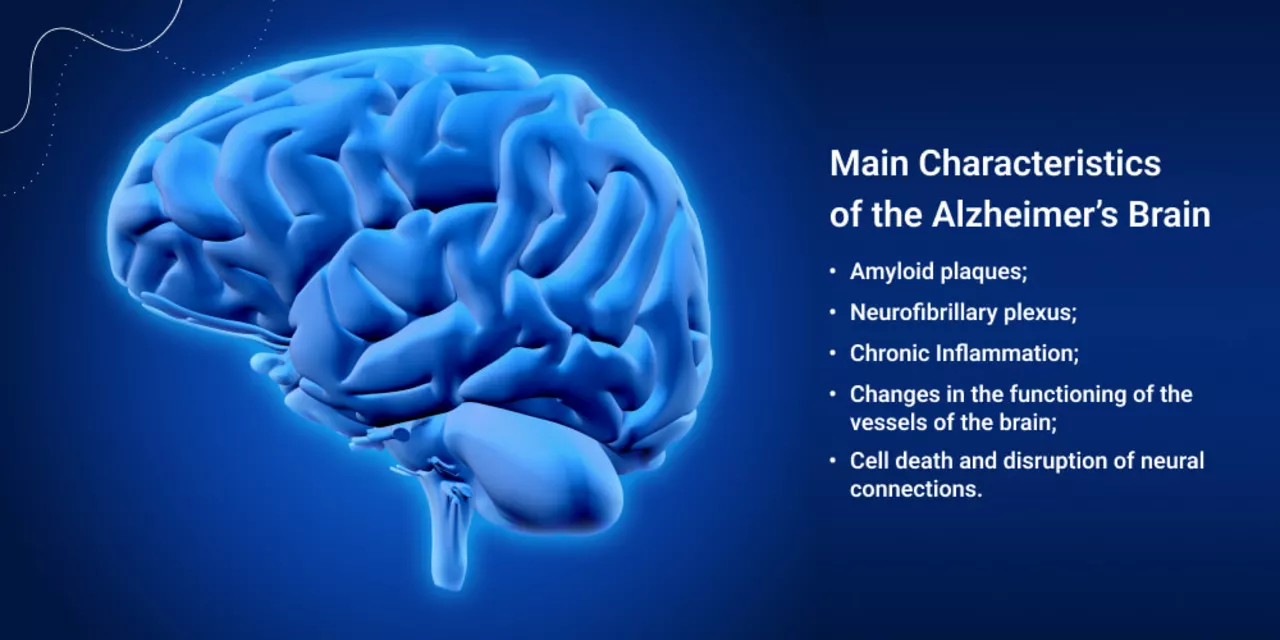Donepezil: What It Does and What You Should Know
Donepezil (brand name Aricept) is a commonly prescribed medicine for people with mild to moderate Alzheimer’s. You can think of it as a drug that helps certain brain signals work better — it won’t cure dementia, but it can help some people stay a bit clearer and more independent for longer.
How donepezil works and common dosing
Donepezil blocks an enzyme that breaks down acetylcholine, a chemical your brain uses to pass messages. That boost helps with memory and thinking in some patients. Doctors usually start low and go slow: a typical start is 5 mg once daily, taken at bedtime. After a few weeks it may be raised to 10 mg daily. There’s also a 23 mg option for some patients under close supervision. Stick to your doctor’s schedule — switching doses or stopping suddenly can cause problems.
It can take several weeks to notice any change. If you or a caregiver don't see benefit after a few months, talk to the prescribing clinician about whether to continue it.
Side effects, interactions, and practical tips
Common side effects are straightforward: nausea, diarrhea, vivid dreams or trouble sleeping, muscle cramps, and mild fatigue. Most of these ease up after a few weeks. Watch for more serious signs like fainting, slow heart rate, or severe stomach bleeding — those need urgent care.
Drug interactions matter. Medicines that block acetylcholine (like some antihistamines, certain bladder meds, and some antidepressants) can reduce donepezil’s effect. Drugs that affect liver enzymes (CYP inhibitors or inducers) can change donepezil levels. Always list every medication — even over-the-counter pills and supplements — when you talk with the doctor.
Practical tips: take donepezil at the same time each day, usually at night to reduce nausea and help with sleep-related side effects. If a dose is missed, take it when you remember unless it’s almost time for the next dose; don’t double up. Keep a simple chart or phone reminder for doses, and have the caregiver or family member double-check medication changes.
Ask your prescriber about monitoring plans: they may want to check heart rate, appetite/weight, and how daily tasks are going. If swallowing is hard, talk about pill alternatives — some versions can be crushed and mixed with food, but only do that after asking the pharmacist.
Thinking of buying donepezil online? Use only licensed pharmacies and keep your prescription on file. Cheaper options exist, but safety matters: counterfeit medicines can be dangerous. When in doubt, ask your doctor or pharmacist for trusted, affordable sources.
If you notice troubling side effects or sudden changes in behavior, contact your healthcare team right away. Donepezil helps some people, and with the right checks it can be used safely and effectively.
Understanding Donepezil: A Comprehensive Guide
In my latest blog post, I dive into the world of Donepezil, a medication commonly prescribed to treat Alzheimer's disease. I provide a comprehensive guide that covers everything from how it works to potential side effects. Throughout the post, I also discuss the importance of taking Donepezil as prescribed and share some tips for managing potential side effects. My goal is to help both patients and caregivers better understand this medication and how it can improve the quality of life for those affected by Alzheimer's. Check it out to learn more about this crucial medication and how it can help those in need!
Read More
